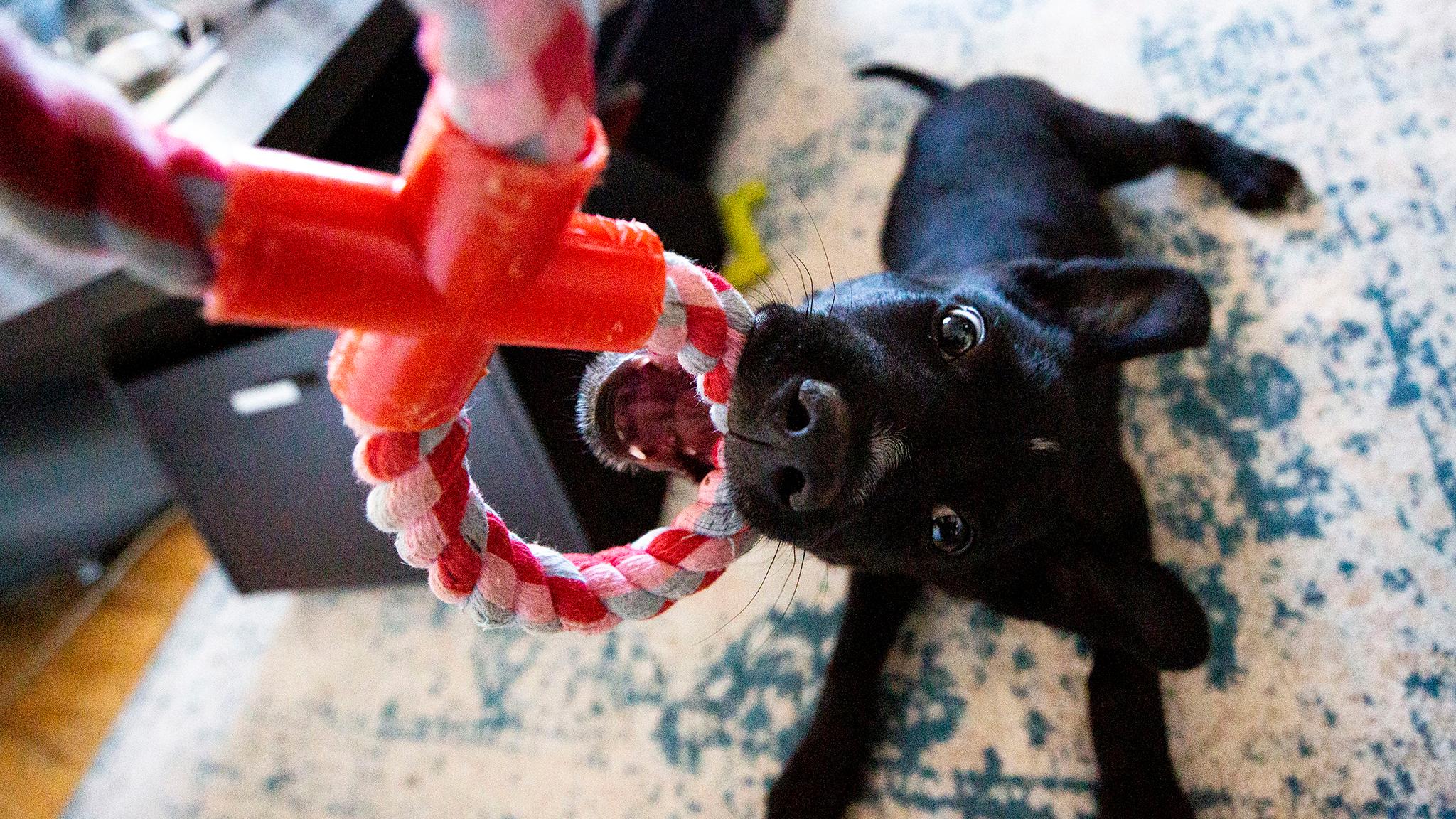Denver Animal Protection said it's seen an increase in reported dog bites during the coronavirus pandemic, with a spike last month the agency said is starting to level off.
The agency registered 141 reported bites last month, up a whopping 200 percent from March 2019 (47 bites). Just 10 bites were reported as of April 22, down from the 21 bites reported during the same month in 2019.
Denver Animal Protection Lieutenant Josh Rolfe said animal welfare calls have also increased. He linked this increase -- and the increase in dog bites -- to the city's stay-at-home order.
"As people are home from work or school and they're staying in more close contact with their animals, there's more potential for something like that to happen," Rolfe said. "The vast majority of bites are bites to family members and the dog's own owner, not that the dogs are running loose and biting people running down the street or something like that."
After bites, Rolfe said dogs are placed in quarantine, meaning the dog is kept at home, away from other dogs and people it doesn't usually interact with. There's usually no criminal ticket issued after incidents involving dogs biting their owners or family members.
The city's animal shelters suspended animal adoptions on March 16 and other services as a precaution. Rolfe said it wasn't clear when adoptions may resume, but he thinks they will likely align with the city lifting its public health order set to continue through at least mid-May (the order keeping things like restaurants closed, not the stay-at-home order).
The shelter had 28 animals available for adoption as of March 19. Forty-one animals were adopted out between March 11 and March 19. Public Health & Environment spokesperson Tammy Vigil said some animals were placed into foster care and adopted over the phone after the department suspended traditional adoptions.
Animal protection is still providing lost and stray animal recovery, as well as taking in pets from people who can't care for them. At least two pets have been surrendered by owners since the public health order went into effect. Vigil said the agency prepared to see more owners surrendering their dogs due to people facing job losses or other impacts of the coronavirus, but that increase hasn't materialized.
Animal protection isn't seeing any increases in wildlife sightings. Rolfe said it's getting the usual spring uptick in calls about skunks and raccoons, both rabies vectors.











